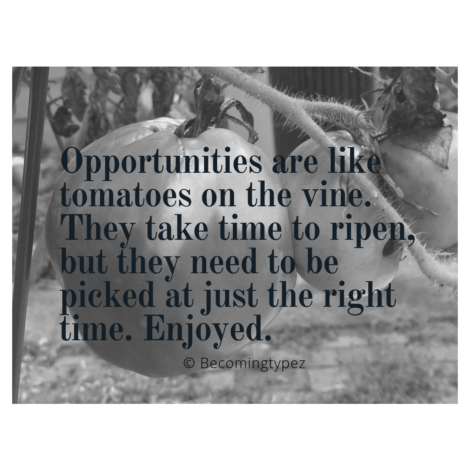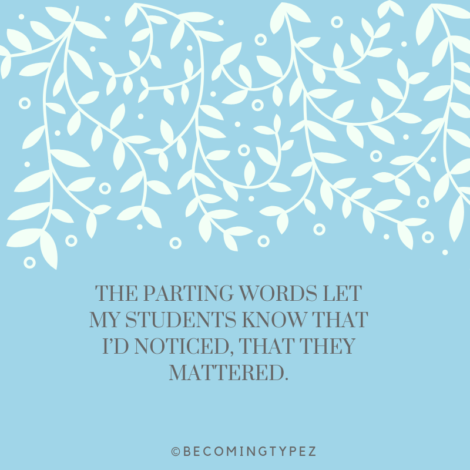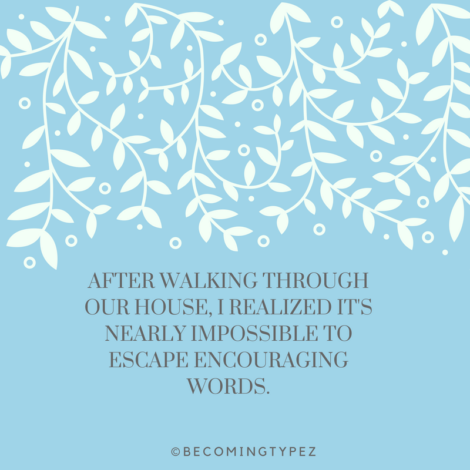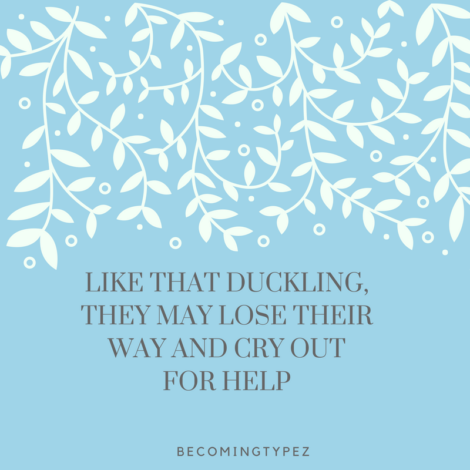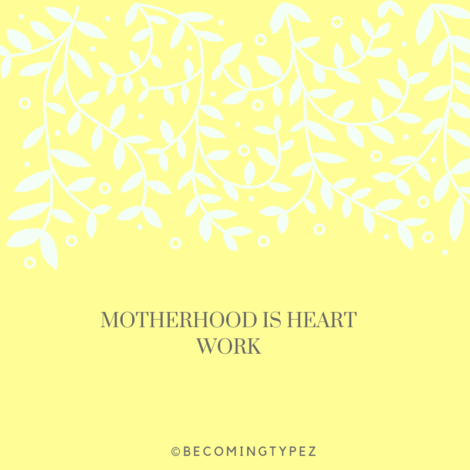 Two weeks ago, I came across a post asking for writers to submit their definitions of motherhood. In 100 words or less. Yikes. Sum up the last two decades of my life in 100 words or less? It was worth a try. And the word that came to mind was heart.
Two weeks ago, I came across a post asking for writers to submit their definitions of motherhood. In 100 words or less. Yikes. Sum up the last two decades of my life in 100 words or less? It was worth a try. And the word that came to mind was heart.
Motherhood is a work of heart.
It’s diving into the unknown.
It’s following your gut, trusting your instincts.
It’s calling in your mother for help.
Motherhood is loving someone more than you ever knew possible.
It’s being afraid, but choosing to be brave.
It’s saying the right thing or saying nothing at all.
It’s choosing self-less-ness.
Motherhood is imperfect.
It’s shouting, it’s joy.
It’s heartbreak and joy.
It’s messing up, saying “I’m sorry.”
Motherhood is all-encompassing.
It’s a worried mind, a sleepless night.
It’s an answered phone.
It’s a conversation ended with “I love you.”
Motherhood is heart work.
© Kathie Z.
